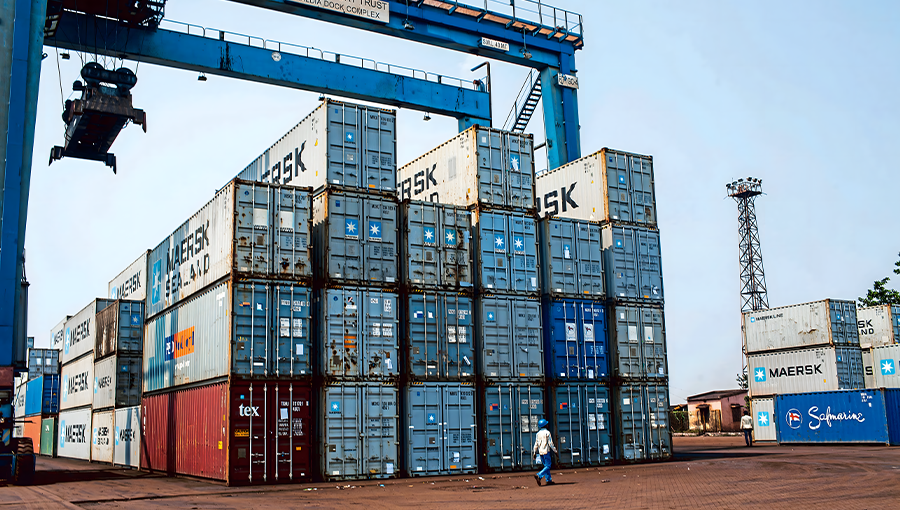India must curb steel dumping, revisit Asean FTA, say JSW Steel’s Acharya
Ferrous
22 Jul 2024 11:45 AM IST
Live Mint
India must impose restrictions on "predatorily priced" steel imports and revisit its free-trade agreement (FTA) with the ASEAN bloc at a time when inbound shipments of low-cost steel have increased, threatening domestic manufacturers' profitability, according to a top executive at the country's largest steelmaker. The Association of Southeast Asian Nations (ASEAN) is an economic and political union of ten Southeast Asian countries headquartered in Jakarta.
India's steel producers are investing heavily in expanding their domestic production capacity because they anticipate demand will rise due to the extensive infrastructure construction in New Delhi. These companies want to limit steel imports to protect their investments.
“Unless there is a measure to contain unfair trade diversion at predatory prices, it will be difficult for the industry to be able to put up this kind of capex,” Jayant Acharya, joint managing director of JSW Steel, said. “Because if our margins get impacted, naturally, then the ability to put in capex gets impacted,” he emphasised.
The largest domestic steelmaker in India, JSW Steel, revealed a decline in its profit for the June quarter. The soft steel price during the quarter, which did not rebound following the national elections, was a major factor in the fall in profit. The Indian Steel Association (ISA), a lobby group for the steel sector, has brought up the issue with the government, according to Acharya.
According to government data released by Joint Plant Committee, India imported 1.9 million tonnes (MT) of completed steel between April and June, 28% greater than the previous year. Steel exports decreased by 36% year over year to 1.3 million tonnes during this time, turning India into a net importer of the alloy.
India’s apparent steel consumption during the quarter was 35 MT. Thus, the imports translated to about 5% of domestic consumption. Former Union steel minister Jyotiraditya Scindia had earlier this year said that India becoming a net importer of steel was not a big concern for the government, as the imports were negligible compared to consumption. However, steelmakers lament that while import volumes may not be high, cheaper imports force domestic mills to drop their prices, eroding their margins.
Chinese steel exports were higher in 2023 every month between January and June, according to data shared by JSW Steel in an investor presentation. Chinese exports were more than 8 MT every month during this period, except in February, when they were just under 8 MT.
Imports from China, South Korea and Asean countries, especially Vietnam, were the key concern, Acharya said. “There are other countries which have put anti-dumping measures, including some of our FTA members where we have zero duty, but they have taken some measures against us. So those need to be re-evaluated, especially the Asean FTA,” Acharya said.
India has an FTA with ASEAN, where steel can be imported without any duties. “There are other countries which have levied trade measures and barriers to see that this trade diversion does not happen. Whereas in India we are vulnerable because we do not have any trade measures in place,” Acharya said.
In July, the United States announced new rules stating that firms exporting steel, among other products, to the country from Mexico must show the origins of the product. This was seen as a measure to curb rerouted steel imports from countries like China. The US levies a 25% duty on steel imports from China.
In May, Latin American countries like Mexico, Chile and Brazil raised tariffs on steel imports. The European Union already has a Tariff-Rate-Quota system, which imposes an additional levy on imports from a country once inbound goods reach 105% of the average of imports from that geography in preceding years.
